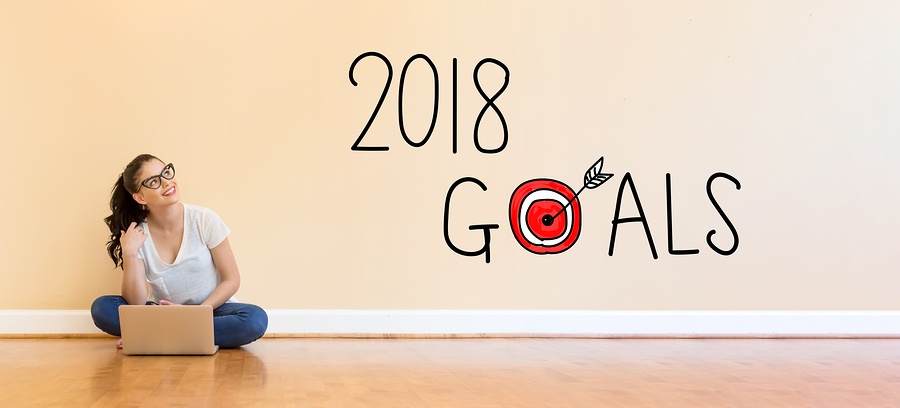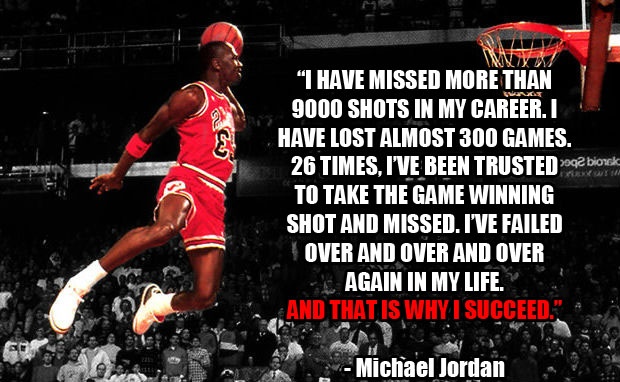
Christina Bowser
Recent Posts

The goal of using the Extended DISC's 4 Step Process is effective behavioral modification.
Your success in life – both professional and personal – is determined in a very large part by how well you interact with other people. Your ability to effectively relate, communicate, influence and motivate others is a crucial skill in creating successful relationships with customers, prospects,
The onboarding process is often a missed opportunity for helping new hires succeed within organizations.
Getting new employees off to a great start is critical to their long-term success. However, each employee is unique with their different preferences. Onboarding can be challenging for many managers. Managers tend to focus more on recruiting and hiring the right people and overlook the power of

Learn ways to promote and sell Extended DISC® assessments to your clients and organization.
You know the strength of DISC in improving communication. You may also know how to deliver DISC, but how do you promote and sell Extended DISC® tools? Are you working for a training company or are you an independent consultant looking to enhance your business? Perhaps you're an internal trainer looking to

DISC helps you better understand your interactions with family members and how your family functions as a unit.
Many people know DISC as a workplace communication tool, so how can it help improve your interactions with family members? Our tool was originally developed for the workplace, but DISC truly transcends all areas of your communication. Being able to you improve your ability to relate

Changing your behaviors takes effort. However, you don't need to make huge or permanent changes; just brief, temporary adjustments. You'll need to push outside your comfort zone, but the payoff is tremendous.
We are most comfortable operating within our natural hard-wired style. However, our behavioral style doesn't work well in all situations. If you make appropriate adjustments to your style,

The beginning of the new year motivates us to set new goals and it may also help us feel better about shortcomings of the previous year. So how can DISC help in goal setting?
DISC impacts everything we do; how we react to pressure, how we socialize, how we react when the fire alarm goes off, etc. We cannot escape our DISC style. When you see successful people, regardless of their industry, they

According to Webster's Dictionary, mindset is defined as " a mental attitude or inclination". So how does that factor into developing our clients and employees as sales professionals?
Mindsets help us to understand how a person approaches problem-solving and overcoming challenges. Think of them as your basic instincts and your environmental survival mechanism. They help get us to the root of a

Chances are you've been asked, "What makes Extended DISC different from other DISC tools?" They are not all the same. The distinction between the assessments is critical to getting the right information to actually improve communication skills.
As trainers, we get asked this question all the time. No one owns DISC or the theory, it's in the public domain. However, there are companies that have

